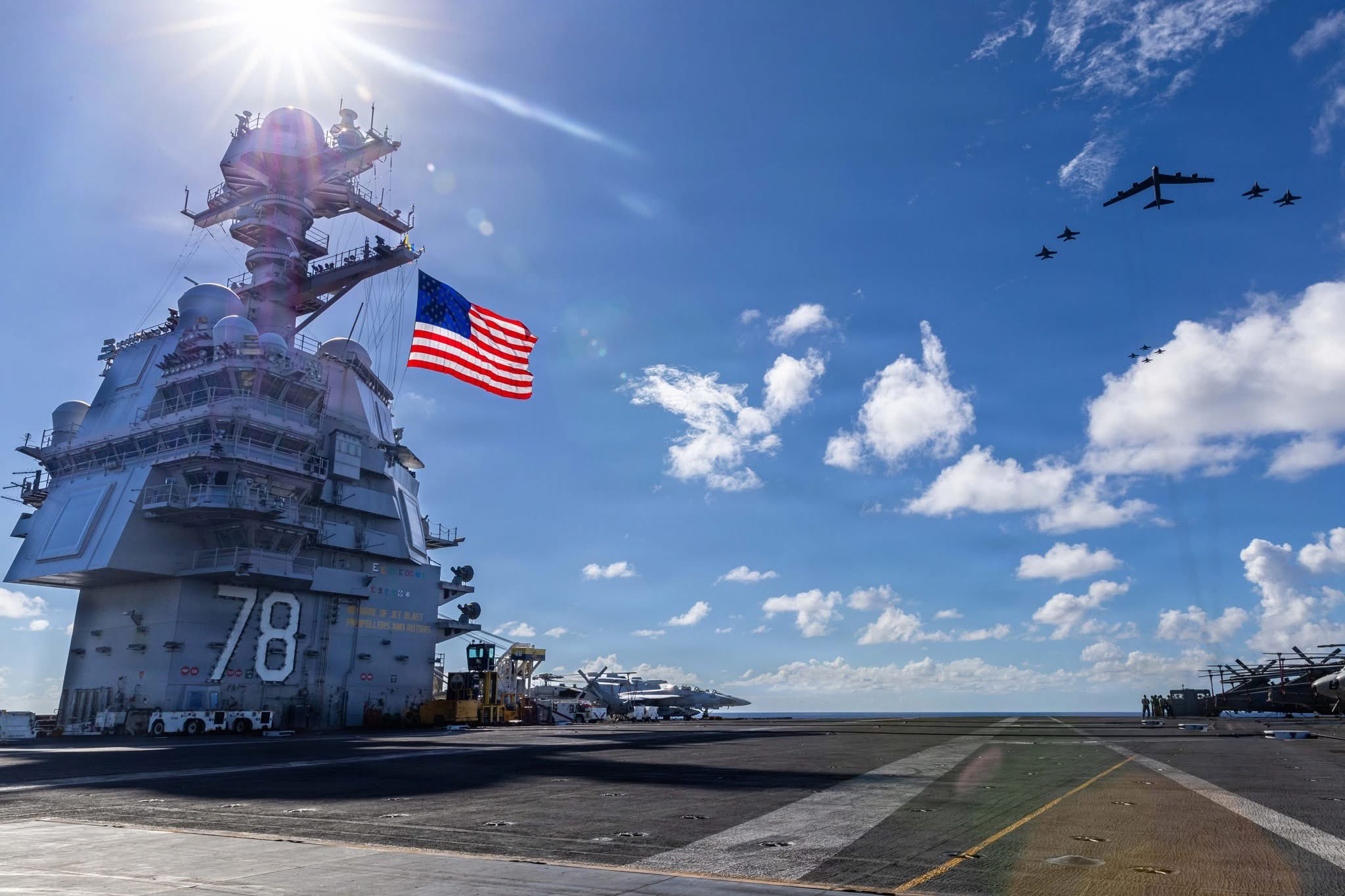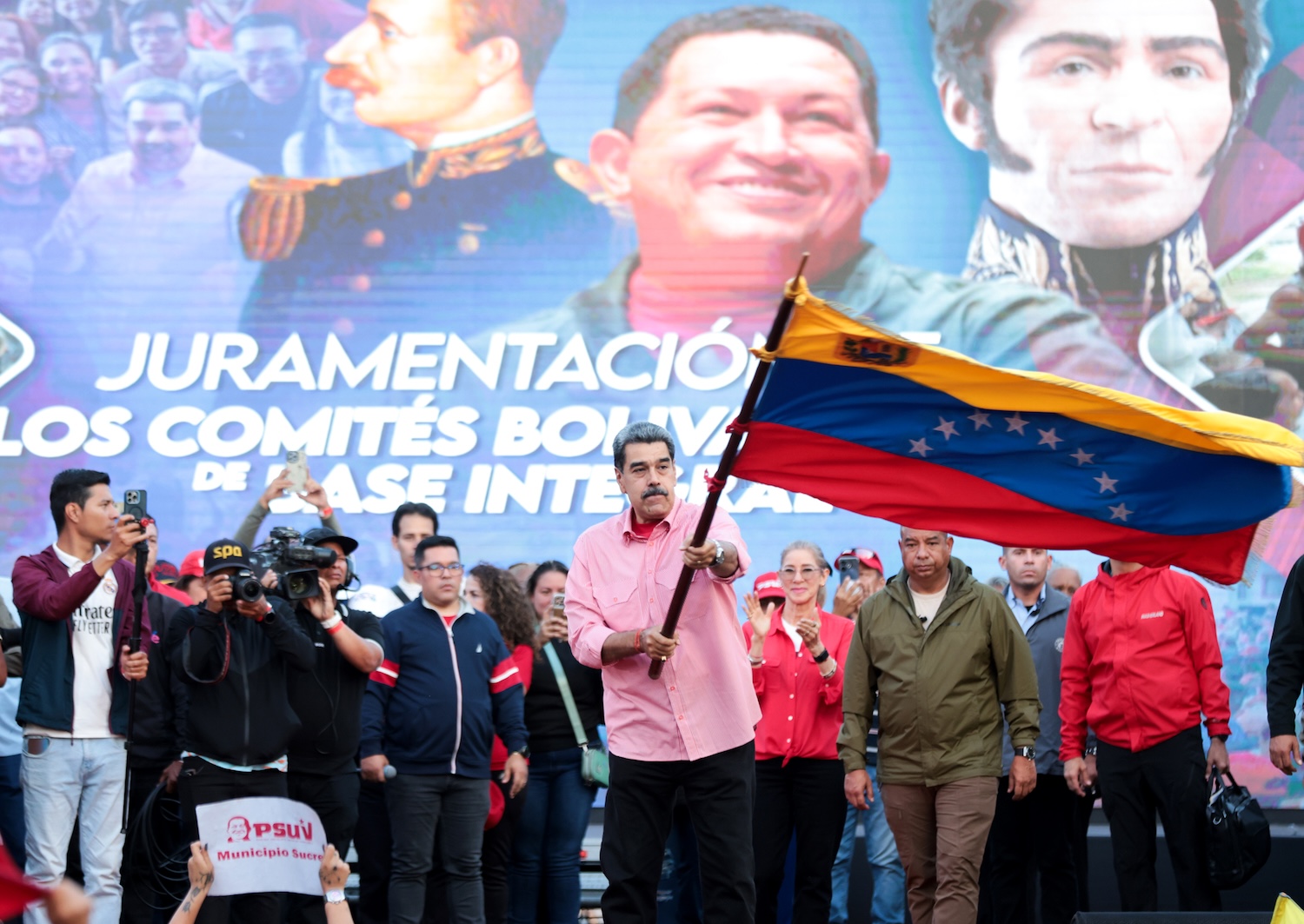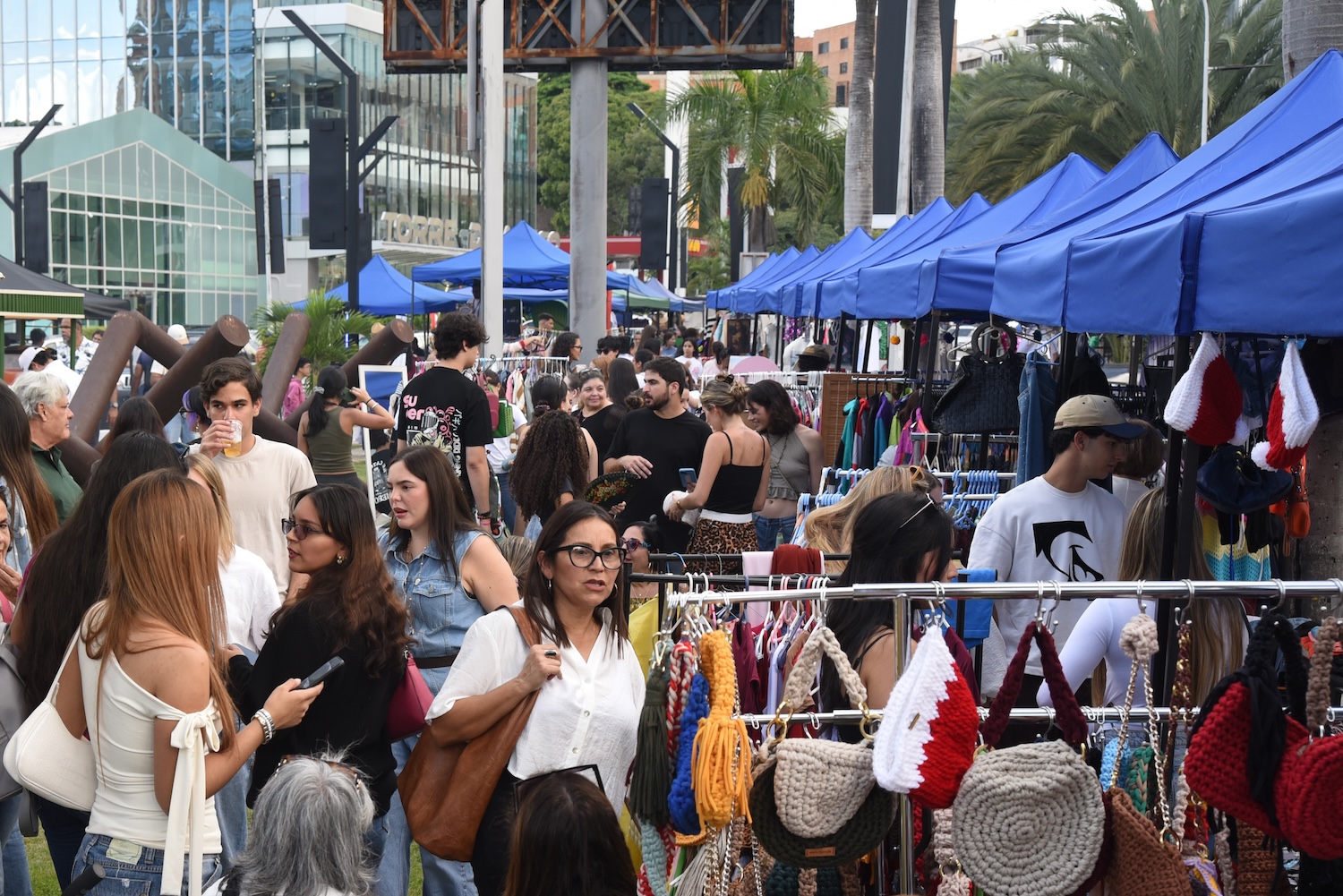While Rubio Tightens the Screws, Trump Opens the Door to Dialogue with Maduro
Marcos Salgado
Donald Trump stated that he might begin talks with Nicolás Maduro, President of Venezuela. During a brief exchange with reporters in West Palm Beach, Trump said, “It’s possible we’ll have some conversations with Maduro and we’ll see how they turn out. They want to talk.”
These remarks came after the announcement that the nuclear aircraft carrier USS Gerald Ford’s war fleet is already in the Caribbean. Secretary of State Marco Rubio also posted on X (formerly Twitter) that he plans to designate the elusive Cartel of the Suns as an international terrorist organization.
Trump was asked specifically about this in Palm Beach—here is the full exchange:
– Reporter: An update on Venezuela, Mr. President? An update on Venezuela?
– Trump: No, there’s no update on Venezuela.
– Reporter: With the designation of that cartel associated with Maduro? Does that mean the U.S. government is targeting Maduro’s assets or infrastructure in Venezuela?
– Trump: It allows us to do so, but we haven’t said we’ll do it. And we might be discussing, we might be having some discussions with Maduro and we’ll see how it goes. They want to talk.
Once again, Trump appears more cautious than his hawk, Marco Rubio. While the secretary of state tweeted that he “intends” to designate the “Cartel of the Suns as a Foreign Terrorist Organization, led by the illegitimate Nicolás Maduro,” the president opened the possibility of dialogue, precisely with Maduro.

This isn’t the first time that their difference in rhetoric has been clear. Since the U.S. escalation in the Caribbean Sea began, there have been several occasions where Rubio struck a harsher tone than his boss.
Bad cop, good cop? It doesn’t seem so. On the contrary, these differences expose something common in Washington’s corridors of power: competing factions that resolve their disagreements through media maneuvers and microphone (or social media) warfare.
Let us recall what happened just over a week ago, when the Miami Herald claimed the U.S. was ready to attack Venezuela, but Trump himself said that wasn’t true. Rubio’s rapid denial—insisting the Miami Herald was lying about an imminent attack—came as a surprise.
Maduro in the Streets, Where is MCM?
The cooling off and the window for possible dialogue come after two days in which President Nicolás Maduro appeared publicly, leading marches—one near the Miraflores Palace, another at the emblematic Petare Wall in eastern Caracas.
There, he sang “Imagine” by John Lennon in chorus. The video, filmed by U.S. agency AP, racked up more than six million views within 24 hours of its release on social media. A day earlier, meeting with legal experts from around 35 countries in Caracas, Maduro urged the American people to stop Washington’s war plans.

In reality, more than two months into the siege, and despite the media campaigns, Caracas has yet to see the opposition figures’ oft-repeated promises materialize—that the Bolivarian National Armed Forces would collapse under the threat of war and abandon Maduro.
The sustained psychological warfare on social networks and in the media has not undermined public calm. This week Caracas hosted several events that drew thousands, including a festive gathering at Simón Bolívar Stadium.
These images reveal how the narrative outside Venezuela—conveniently seasoned by media outlets and opposition leaders—is, simply put, a grand falsehood. The most emblematic case is Nobel Peace Prize winner María Corina Machado, who, via video and in alleged clandestinity within Venezuela, continues her refrain of Maduro’s imminent downfall.

Despite her almost nonexistent political capital (winning the Nobel did nothing to revive it), Machado’s only remaining symbolic asset is her supposed “clandestinity” inside Venezuela. But it seems even that may no longer be the case. Recent hours have given strength to the persistent rumor that MCM has left Venezuela.
Some versions suggest that after passing through Ecuador, she is now in Europe. In Norway, they claim she will personally receive the award on December 10 (the same one Trump coveted), and Daniel Noboa, president of Ecuador, will accompany her.
